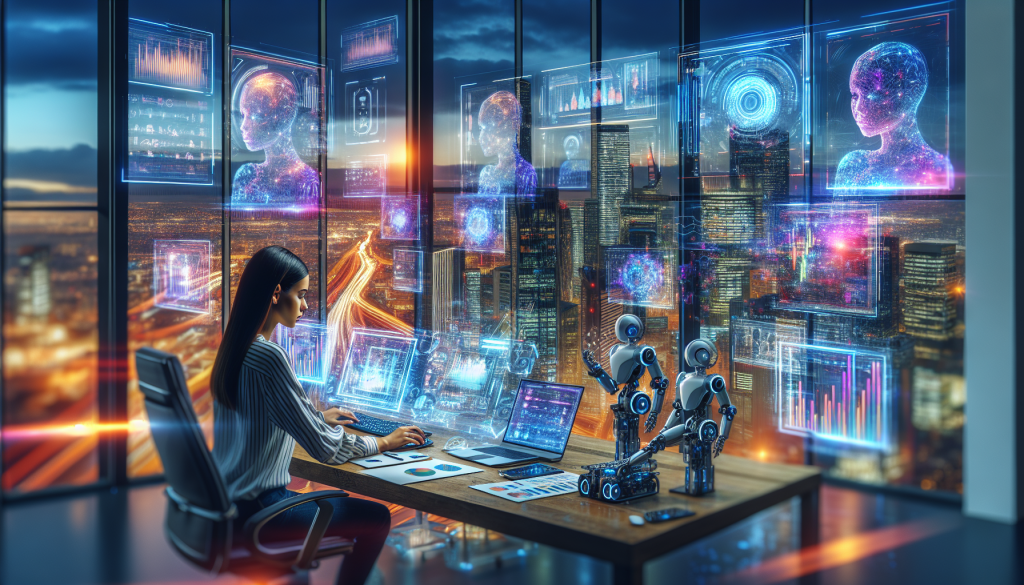
In the rapidly evolving digital landscape, generative AI has emerged as a pivotal force, particularly for developers seeking to enhance innovation and efficiency. As we delve into 2024, this technology is not merely a trend but a catalyst, transforming how businesses operate and scale. From automating mundane tasks to generating creative content, generative AI is reshaping industries, and developers are at the forefront of this revolution.
Generative AI for developers refers to a spectrum of AI models and tools designed to create novel content—be it code, text, images, or other digital artifacts. This shift brings about immense possibilities and demands a paradigm shift in how developers approach problem-solving and project execution. Let’s explore how generative AI is transforming the landscape and spotlight some of the top AI tools that are driving this change.
Generative AI leverages advanced models, particularly large language models (LLMs), to produce outputs that mimic human creativity and reasoning. This capability is essential in the current development environments, where agility and innovation are keys to staying competitive. Developers can employ generative AI to streamline code development, automate documentation, optimize testing, and even assist in designing entire user experiences.
Moreover, these AI models aid in reducing biases and ensuring fairness, tackling long-standing challenges in AI ethics. By embedding principles of responsible AI, developers can harness generative AI to not only create efficient solutions but also ensure these solutions are equitable and trustworthy.
A plethora of AI tools is available for developers aiming to integrate generative AI into their workflows. Below are some leading tools that are making significant impacts:
As generative AI tools become integral to development processes, choosing the right tools isn’t just about functionality. It’s also about ensuring these tools adhere to ethical AI standards. Many platforms, including Google’s AI for developers, emphasize responsible AI usage, teaching developers to identify and mitigate bias and promote fairness in their AI models.
Responsible implementation involves understanding the underlying algorithms and ensuring transparency in generated content. Educational platforms like Coursera and DeepLearning.ai offer courses that focus on these aspects, providing developers with the knowledge to wield generative AI judiciously.
The integration of generative AI into business processes heralds a new era of growth and innovation. By automating repetitive tasks, it allows developers to focus on higher-order problem solving and creative endeavors. This shift not only enhances operational efficiency but also contributes to faster time-to-market and improved customer engagement.
Furthermore, the ability to generate novel solutions on demand empowers businesses to keep up with the fast-paced market changes. As generative AI becomes more accessible through platforms like Microsoft’s GitHub Copilot and NVIDIA’s solutions, businesses can innovate continuously and maintain a competitive edge.
In 2024, generative AI for developers stands as a transformative force, redefining efficiency and catalyzing growth across industries. With a robust array of tools at their disposal, developers are equipped to unlock new levels of innovation, driving business success in unprecedented ways. However, with great power comes the responsibility to implement these technologies ethically and sustainably. By embracing this dual focus, developers can truly harness the potential of generative AI to unlock a future that is not only profitable but also equitable.